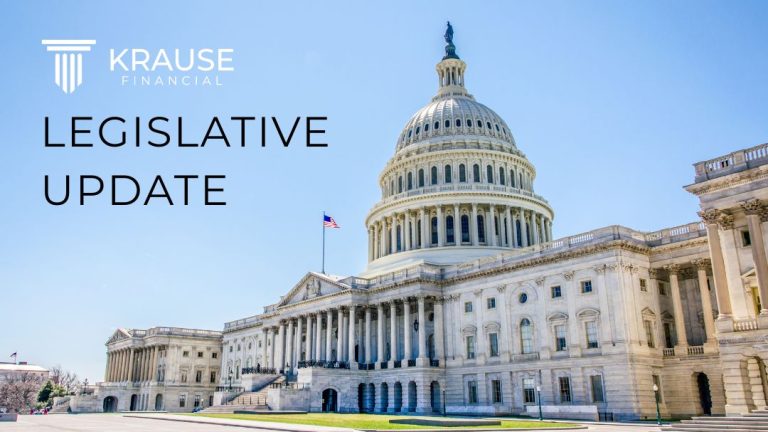How to Pay for Long-Term Care

Disclaimer: Since Medicaid rules and insurance regulations are updated regularly, past blog posts may not present the most accurate or relevant data. Please contact our office for up-to-date information, strategies, and guidance.
Although many seniors have been financially planning for their retirement for decades, very few are prepared for the high costs associated with long-term care. While Medicaid crisis planning can offer a solution to those individuals who find themselves in a financial crisis, this scenario can be avoided altogether with a bit of pre-planning.
Pre-Planning:
What is Pre-Planning?
This type of planning allows an individual to plan for the cost of future care needs before they require long-term care. Pre-planning efforts are focused on putting an asset protection strategy in place in the likely event of a long-term care stay.
Learn More: Pre-Planning vs. Crisis Planning
Who Can Benefit from Pre-Planning?
To benefit from pre-planning, individuals must not have any immediate need for nursing home-level care and have a large amount of assets they wish to preserve. This can often be accomplished through the purchase of Long-Term Care Insurance (LTCI).
LTCI may be a good fit if the client:
- Is in good health;
- Has a large amount of assets they wish to preserve;
- Wants to avoid being a burden to their loved ones when unable to care for themselves;
- Is concerned that they will run out of money to pay for the nursing home;
- Wants to avoid having to rely on government assistance benefits.
How to Prepare a Pre-Planning Strategy:
The first step to preparing a long-term care plan is deciding on the best asset preservation tool to use. To purchase an LTCI policy, you’ll need to determine whether your client would likely qualify for a policy. To do this, simply schedule a free consultation with our office to evaluate your client’s situation and policy options. If they want to move forward, they’ll be connected with an LTCI advocate to help them design a policy that fits their budget and anticipated needs.
Read More: Preserving a Legacy: How to Protect Your Client’s Inheritance from Medicaid
Crisis Planning:
What is Crisis Medicaid Planning?
This type of planning is completed by an individual who has entered a nursing home and is in a financial crisis. The individual can no longer reside at home, but will soon be unable to afford the cost of the nursing home bill. Crisis Medicaid planning allows these individuals to accelerate their eligibility, often with the use of a Medicaid Compliant Annuity or other spend-down tools such as a Funeral Expense Trust.
Who Can Benefit from Crisis Medicaid Planning?
Individuals who utilize crisis Medicaid planning have typically entered a nursing home for an indefinite amount of time and are unable to afford their care long-term. Because their assets are not below Medicaid’s strict asset limits, they cannot qualify for benefits. One solution may be to utilize a Medicaid Compliant Annuity, which can preserve a portion of their limited assets and help them achieve Medicaid eligibility sooner.
Your client may be a good fit for a Medicaid Compliant Annuity if they:
- Reside in a Medicaid-approved facility;
- Have exhausted all other payment sources (Medicare, LTCI benefits);
- Are paying out of pocket for their care;
- Have excess countable assets.
Learn More: Fundamentals of Medicaid Crisis Planning
How to Prepare a Crisis Medicaid Plan:
Preparing a Medicaid crisis plan using a Medicaid Compliant Annuity allows an applicant to convert their excess countable resources into an income stream with zero cash value. To begin preparing your client’s crisis plan, you’ll need to develop the spend-down plan including the amount that will be used to fund the annuity and the length of the term. If you are unsure where to begin, simply contact our office. We’ll work with you to develop the Medicaid Compliant Annuity plan and assist with putting the policy in place.
Which is better?
Between the two options, it is always better to complete pre-planning for your long-term care expenses compared to crisis planning. Pre-planning allows you to retain more control over how your assets are protected, more choices in your health care services, and immediate help with payment when you do need long-term care services. However, when pre-planning is no longer an option, crisis planning can provide an alternative solution for clients to protect their assets and accelerate their eligibility for Medicaid.
If you have questions about how best to strategize your client’s pre-plan or crisis plan, contact our office today!



